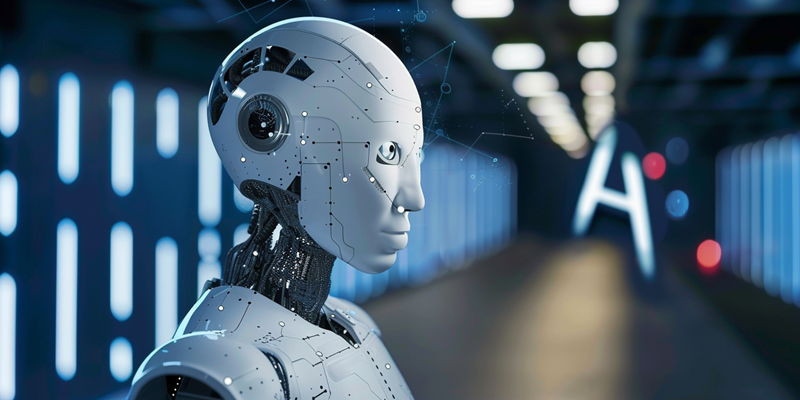SAP, the renowned leader in enterprise resource planning software, is on the cusp of a pioneering transformation, one that promises to redefine the way businesses manage their operations. At the heart of this transformation is the integration of advanced generative AI capabilities into SAP’s suite of cloud-based solutions. This strategic move, unveiled at SAP’s annual Sapphire showcase, is poised to revolutionize the process of ERP migrations.
Integrating Generative AI: The Rollout of Joule
Collaborations with Industry Titans
SAP’s AI integration goes beyond in-house advancements as it collaborates with some of the largest tech entities in the industry. The unveiling of Joule, an AI assistant designed to facilitate the smooth transition of ERP systems to SAP’s cloud, is a clear signal of the company’s commitment to this venture. SAP is not pursuing this quest alone; partnerships with Microsoft, Google, and Amazon reinforce the robustness of its AI capabilities. Joule will function alongside Microsoft’s Copilot for 365 and Google’s Gemini AI assistant, creating a seamless experience across different platforms. Moreover, with the inclusion of Cortex Foundation’s data cloud and the support of Amazon Bedrock managed service from AWS, SAP is ensuring that its AI framework is fortified by the best technological support available.
The partnership with these industry behemoths extends Joule’s reach, allowing it to tap into a broader spectrum of AI resources. As a result, SAP’s ERP solutions are expected to become even more intuitive, assisting enterprises in a more comprehensive manner.
Advancing Enterprise AI Capabilities
The dedication to embedding AI into SAP’s products indicates a momentous stride forward for the company. SAP recognizes that traditional software alone is no longer sufficient to tackle contemporary ERP challenges. That’s where its AI assistant, Joule, enters the scene. By year-end, Joule is projected to oversee a range of commonplace ERP tasks, automating as many as 80% of them. The scope is impressive, encompassing the management of orders, scrutiny of financial compliance, the intricacies of human resources, the ever-evolving needs of the supply chain, and the crucial aspect of sustainability.
The partnership between SAP and Microsoft exemplifies the coordinated effort to double the number of use cases for Joule, underscoring an aggressive expansion of its AI utility. SAP is indeed not just investing in AI as an afterthought but spearheading it as a central feature of its SaaS solutions, transforming its multibillion-dollar business into one that prioritizes cloud and AI-centric operations.
Industry Implications and Competitive Edge
The Evolution of SAP’s AI Integration
SAP’s advancements are indicative of, and perhaps instrumental in, driving the broader industry trend towards the integration of AI in business operations. This is more than just a technological upgrade; it’s a strategic renovation that propels SAP’s solutions to new heights of intelligence. With a vast customer base upwards of 300 million users, SAP’s AI-enhanced tools don’t just learn; they evolve. These advancements are not merely enhancing existing functions; they are reinventing the way companies navigate the complexities of ERP landscapes. This shift is seen as a cornerstone of SAP’s ambition to modernize cloud-based ERP systems, thereby offering cutting-edge solutions to their clients.
Securing SAP’s Lead in the ERP Market
SAP, a giant in the ERP software market, is embarking on a groundbreaking shift, set to fundamentally alter how businesses oversee their functions. Central to this exciting pivot is the fusion of cutting-edge, generative AI technology into SAP’s cloud-based portfolio. This advancement was presented at SAP’s flagship Sapphire event, and it marks a significant milestone in the field—ushering in an era that will see massive improvements in the processes surrounding ERP system migrations. The integration of intelligent AI is expected to streamline complex business operations, enhance decision-making, and introduce unprecedented levels of automation and insight. As SAP takes this bold step, it not only remains at the forefront of digital transformation but also reshapes the ERP landscape, offering customers a smarter, more efficient path to manage their business ecosystems.

